0 Comments
This is a really neat site. It lets you scroll around a 3D globe and tune into live radio from just about anywhere using the dark, mystical magic of the internet.
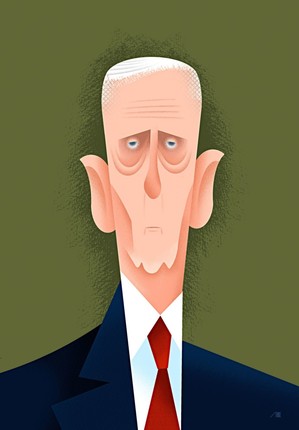 A quote: "For Trump, the choice of Mattis seemed more emotional than deliberative. Their initial meeting lasted just forty minutes, and Trump seemed drawn to him less for his world view than for his fearsome reputation. Announcing his nomination for Secretary of Defense, Trump revelled in using the general’s nickname—Mad Dog—and compared him to General George S. Patton, who was famous for his tactical brilliance, his profane language, and his merciless style. Anecdotes about Mattis’s audacity in the field are legion. Early in the Iraq War, he met with local leaders and told them, 'I come in peace. I didn’t bring artillery. But I’m pleading with you, with tears in my eyes: if you fuck with me, I will kill you all.'" Guardian writer Carey Dunne spent a month on an organic farm with a couple who believe in chemtrails. She writes an eye-opening piece on what she learned from the experience.
An excerpt: "If Rob were to start reading the news, he’d discover that most mainstream reporting about conspiracists ranges from subtly to explicitly condescending in tone. Maybe this seemed all in good fun back when conspiracy theories appeared to hold no sway in national politics. But with our new conspiracy-theorist-in-chief, President Trump, it’s become counterproductive to laugh off the fact-averse as paranoid kooks, or to passively ignore their perspectives in hopes that science will inevitably prevail. Research suggests that condescension and passive dismissal won’t help change minds – especially given that conspiracy theorists are more likely to meet the criteria for all types of psychological disorder, including anxiety, depression and being socially disadvantaged." Seventy years ago today, the entire new issue of The New Yorker was, without prior warning, taken up by a single article. Hiroshima was a sensation, with issues selling out almost immediately. Later, it sold over three million copies in book form.
The New Yorker is making this masterpiece of journalism available for free on its website for some amount of time (I don't know how long). If you don't mind reading on a screen, this is perhaps the best piece of nonfiction journalism ever, and is certainly a founding text of the "New Journalism" movement. Calm, unflinching, and attuned solely to the human experience--not political posturing or retrospective debate--this is a harrowing and immensely moving story that makes us hesitate to consider the million small choices we make each day that, for several "lucky" survivors became the difference between life and death. “At Summerhill we have proved, I believe, that self-government works. In fact, the school that has no self-government should not be called a progressive school- it is a compromise school. You cannot have freedom unless children feel completely free to govern their own social life. When there is a boss, there is no real freedom. This applies even more to the benevolent boss than to the disciplinarian. The child of spirit can rebel against the hard boss, but the soft boss merely makes the child impotently soft and unsure of his real feelings.”
--A.S. Neill, in "Summerhill School: A New View Of Childhood." This Youtube channel makes semi-serious reviews of all manner of weird, old, or simply forgotten cars that the makers manage to get their hands on. But what makes any of that actually interesting is that, between the silly voices and surrealist tangents, the makers find a path through each artifact of the automotive industry to an insightful and sometimes revelatory discussion of how cars both define and are defined by our motion-obsessed culture. This video explores the deliriously chintzy Chevrolet Chevette, an "economy car" slapped together by a beleaguered General Motors running on sheer panic. "GM hoped that the name Chevette would call to mind the Corvette, and that it would be a success... by association." First, from "Traditional Burial Is Polluting The Planet. So Where Will We All Go When We Die?" "Americans are funny about feeling like they own a 4-by-8 plot for eternity," Kate Kalanick, executive director of Green Burial Council, said in a phone interview Wednesday. "In an environmental sense, traditional burial is selfish for the impact it has. I don't think people really think about how their death affects the land or our world." Below, From "Dissolving The Dead:" "Dale Hilton can show you fear in a bagful of dust: 160 pounds of once-living human, pressure-cooked, baked, and pulverized into soft white powder fine enough to sprinkle over French toast. The ground bones sit in clear plastic on a counter, next to a pacemaker, a false hip, and a pair of breast implants extracted from some of the eighty bodies Hilton has disintegrated at his bio-cremation facility in Smiths Falls, Ontario, an hour’s drive southwest of Ottawa. 'It’s a lovely product,' he says, looking proudly at his handiwork." |
AuthorRecent studies have indicated that three servings of Jack Hostrawser per day may help to prevent sudden comas. Archives
May 2017
Categories
All
|

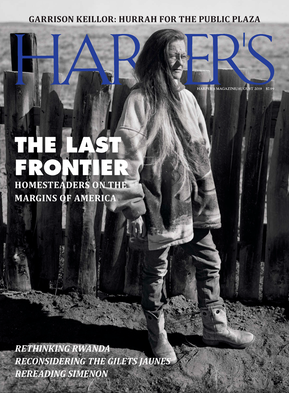

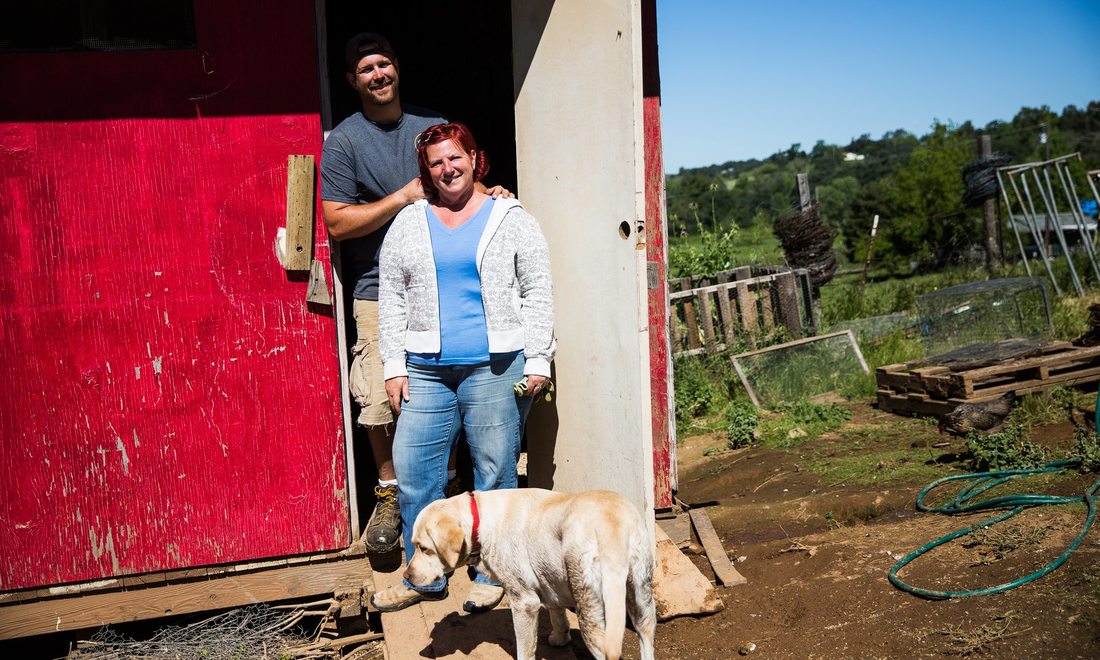
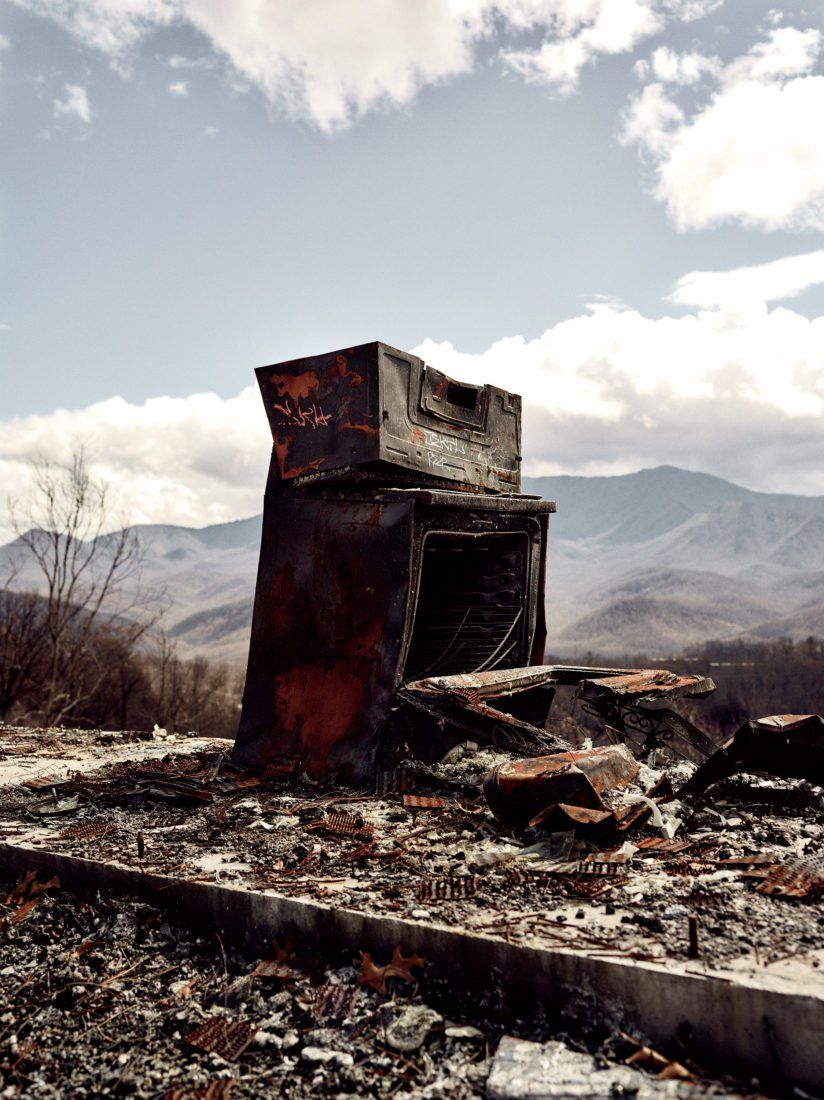
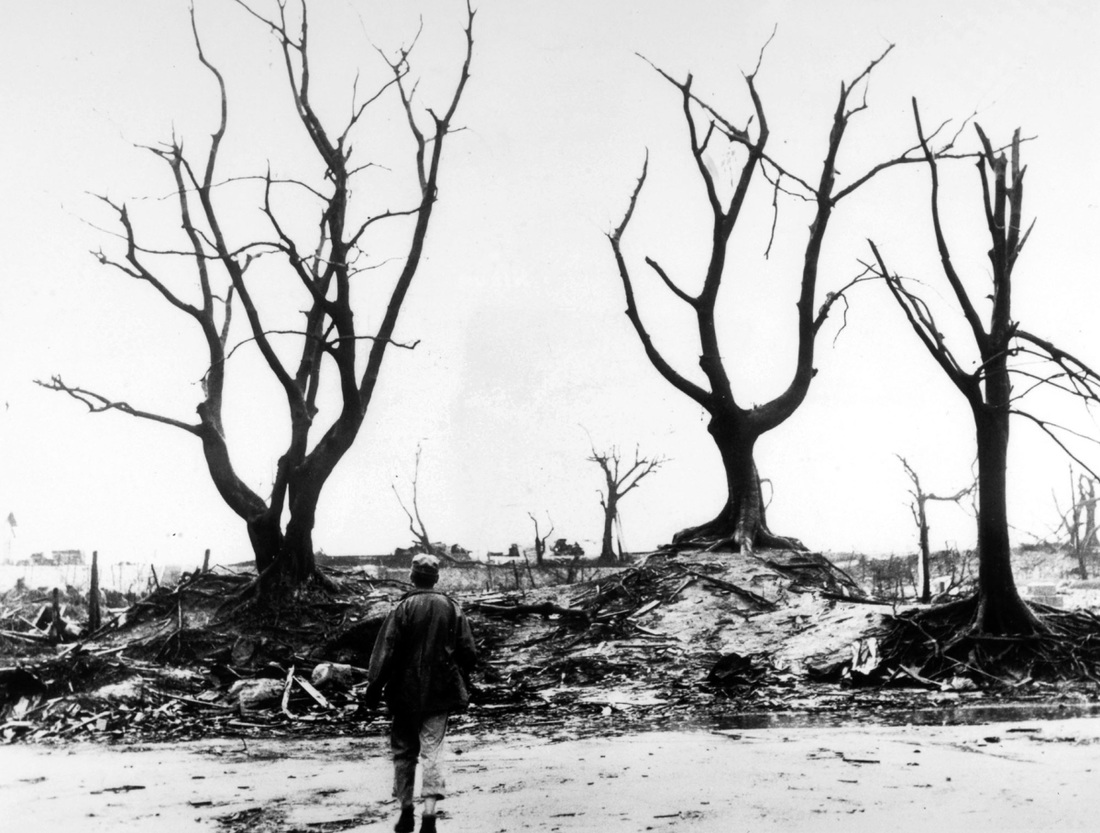

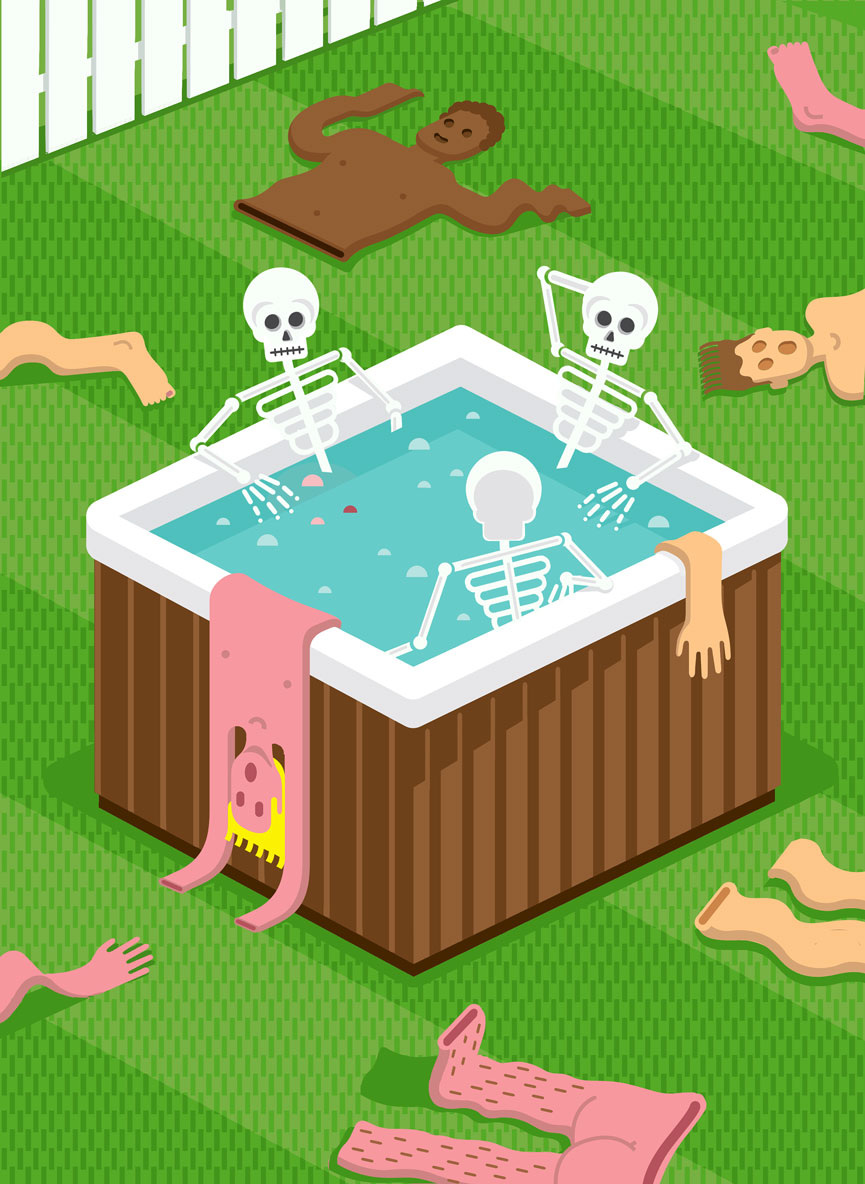
 RSS Feed
RSS Feed
